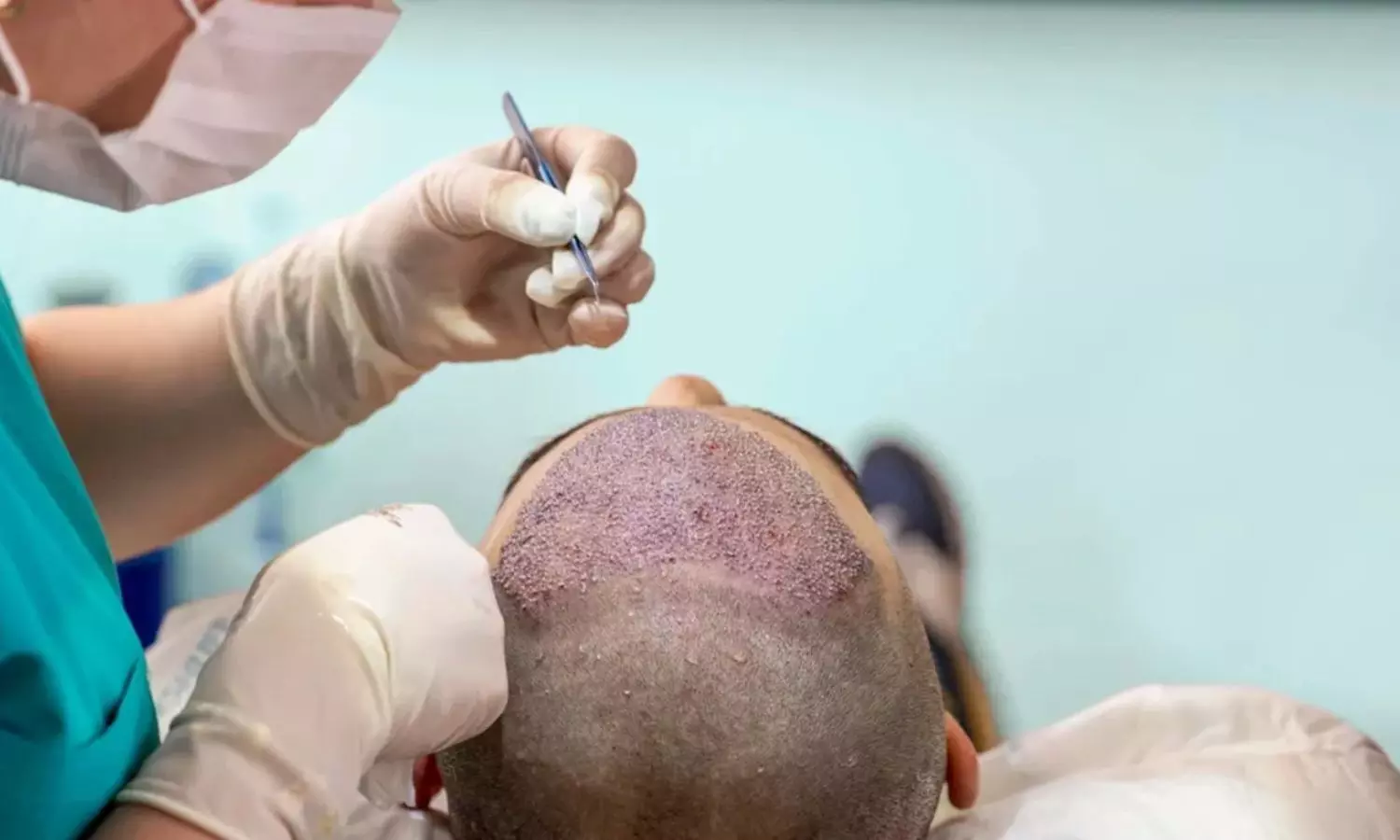- Home
- Medical news & Guidelines
- Anesthesiology
- Cardiology and CTVS
- Critical Care
- Dentistry
- Dermatology
- Diabetes and Endocrinology
- ENT
- Gastroenterology
- Medicine
- Nephrology
- Neurology
- Obstretics-Gynaecology
- Oncology
- Ophthalmology
- Orthopaedics
- Pediatrics-Neonatology
- Psychiatry
- Pulmonology
- Radiology
- Surgery
- Urology
- Laboratory Medicine
- Diet
- Nursing
- Paramedical
- Physiotherapy
- Health news
- AYUSH
- State News
- Andaman and Nicobar Islands
- Andhra Pradesh
- Arunachal Pradesh
- Assam
- Bihar
- Chandigarh
- Chattisgarh
- Dadra and Nagar Haveli
- Daman and Diu
- Delhi
- Goa
- Gujarat
- Haryana
- Himachal Pradesh
- Jammu & Kashmir
- Jharkhand
- Karnataka
- Kerala
- Ladakh
- Lakshadweep
- Madhya Pradesh
- Maharashtra
- Manipur
- Meghalaya
- Mizoram
- Nagaland
- Odisha
- Puducherry
- Punjab
- Rajasthan
- Sikkim
- Tamil Nadu
- Telangana
- Tripura
- Uttar Pradesh
- Uttrakhand
- West Bengal
- Medical Education
- Industry
Stabilized super-oxidized hypochlorous acid spray may expedite healing in patients undergoing hair restoration surgery

Hair restoration surgeries have witnessed a transformative breakthrough with the introduction of stabilized, super-oxidized hypochlorous acid (HOCl). This compound, renowned for its potent efficacy against a spectrum of microorganisms, is proving to be a game-changer in both intraoperative and postoperative care for hair transplant procedures.
The trial results were published in the Journal of Drugs in Dermatology.
Stabilized HOCl is no ordinary solution; it stands out for its remarkable effectiveness against bacteria, fungi, and viruses. Moreover, its application enhances tissue oxygenation, a crucial factor in facilitating optimal wound healing. This makes it an ideal candidate for surgeries involving thousands of small wounds, characteristic of hair restoration procedures. Hence, researchers conducted a trial to assess the perceived efficacy of stabilized, super-oxidized hypochlorous acid (HOCl) in hair transplant surgical procedures intraoperative and postoperative.
In a multi-site study involving 35 patients undergoing either repeat or initial hair restoration surgery, surgeons integrated a 500 mL trigger spray bottle of HOCl liquid into their surgical protocols. This innovative approach aimed to harness the potential benefits of stabilized HOCl before, during, and after the surgery. Patients were also equipped with a ten-day supply of HOCl for postoperative care, emphasizing its integral role in the entire recovery process.
Findings:
The results of this groundbreaking study are nothing short of impressive.
Statistical analysis revealed a significant 56% reduction in erythema, a common skin redness associated with wound healing when compared to standard wound healing regimens.
More than half of the patients (54%) experienced a marked improvement in pruritus, the itching sensation often accompanying wound healing.
Notably, patient compliance reached an outstanding 97%, showcasing the acceptance and ease of incorporating HOCl into their postoperative routines.
Surgeons, the architects of these transformative procedures, reported an overall efficacy that exceeded expectations.
Importantly, there were no reported incidents of donor or recipient tissue necrosis, highlighting the safety profile of the HOCl application.
As the field of hair restoration evolves, with surgeries involving a substantial number of grafts, the demand for optimal intraoperative and postoperative care has intensified. The stabilized hypochlorous spray is emerging as a revolutionary solution for wound cleansing and healing, offering theoretical benefits such as reduced tissue necrosis through enhanced oxygenation. This not only raises the bar for the standard of care in hair transplant procedures but also holds promise for a more comfortable recovery experience for patients. Thus, this innovative approach to hair transplant surgery, harnessing the power of stabilized HOCl, marks a paradigm shift in patient care.
Further reading: Topical Stabilized Super-Oxidized Hypochlorous Acid for Wound Healing in Hair Restoration Surgery: A Real-Time Usage-Controlled Trial Evaluating Safety, Efficacy, and Tolerability. J Drugs Dermatol. 2023;22(12):1191-1196. doi:10.36849/JDD.7172.
BDS, MDS
Dr.Niharika Harsha B (BDS,MDS) completed her BDS from Govt Dental College, Hyderabad and MDS from Dr.NTR University of health sciences(Now Kaloji Rao University). She has 4 years of private dental practice and worked for 2 years as Consultant Oral Radiologist at a Dental Imaging Centre in Hyderabad. She worked as Research Assistant and scientific writer in the development of Oral Anti cancer screening device with her seniors. She has a deep intriguing wish in writing highly engaging, captivating and informative medical content for a wider audience. She can be contacted at editorial@medicaldialogues.in.



